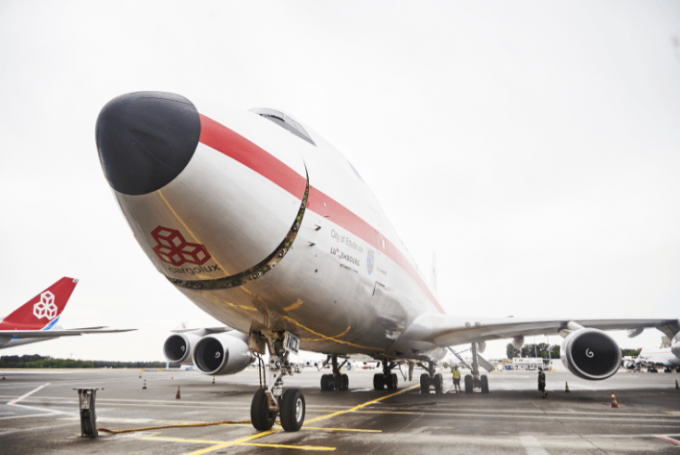CMA CGM posts 'solid' 2024 results, but sees choppy waters ahead
CMA CGM Group posted 2024 results broadly similar to those of AP Møller Maersk (APMM), ...

Cargolux made a record-breaking profit in 2020: net profit after tax was $768.7m, nearly four times higher than its previous record in 2018, with revenues at $3.17bn.
The 50-year-old carrier has never had such a strong balance sheet – lined with cash.
But is the money burning a hole in its pocket?
“It’s all relative, the money,” laughs CEO Richard Forson. “It’s one year when we’ve made a significant profit. But this is one of the most capital-intensive industries – that money is ...
Latest strike will cause ‘massive' disruption at German airports
CMA CGM pledges $20bn investment to boost US supply chains
CMA CGM could build medium-size vessels in US, says Saade
Asia-Europe FAK price hikes manage to halt 13-week rate decline
Airlines rethink strategy as ecommerce to US begins decline
Box ship in collision with tanker off UK coast
Freightmate 'a product of theft, not ingenuity' says Flexport

Comment on this article